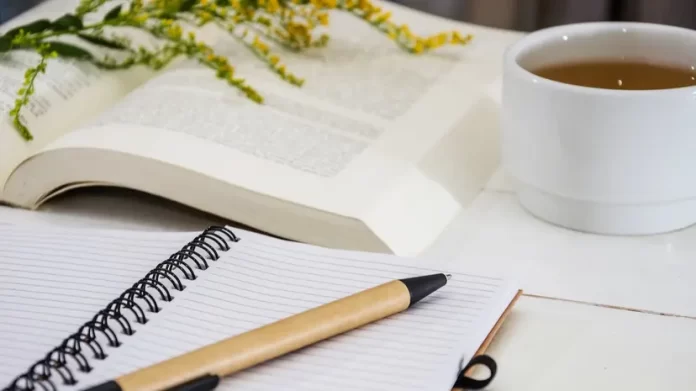There are no officially sanctioned rules of poetry. However, as with all creative writing, having some degree of structure can help you reign in your ideas and work productively. Here are some guidelines for those looking to take their poetry writing to the next level. Or, if you literally haven’t written a single poem since high school, you can think of this as a beginner’s guide that will teach you the basics and have you writing poetry in no time.
- 1. Read a lot of poetry. If you want to write poetry, start by reading poetry. You can do this in a casual way by letting the words of your favorite poems wash over you without necessarily digging for deeper meaning. Or you can delve into the analysis. Dissect an allegory in a Robert Frost verse. Ponder the underlying meaning of an Edward Hirsch poem. Retrieving the symbolism in Emily Dickinson’s work. Do a line-by-line analysis of a William Shakespeare sonnet. Simply let the individual words of a Walt Whitman elegy flow with emotion.
- 2. Listen to live poetry recitations. The experience of consuming poetry does not have to be an academic exercise in cataloging poetic devices like alliteration and metonymy. It can be musical—such as when you attend a poetry slam for the first time and hear the snappy consonants of a poem out loud. Many bookstores and coffeehouses have poetry readings, and these can be both fun and instructive for aspiring poets. By listening to the sounds of good poetry, you discover the beauty of its construction—the mix of stressed syllables and unstressed syllables, alliteration and assonance, a well placed internal rhyme, clever line breaks, and more. You’ll never think of the artform the same way once you hear good poems read aloud. (And if you ever get the chance to hear your own poem read aloud by someone else, seize the opportunity.)
- 3. Start small. A short poem like a haiku or a simple rhyming poem might be more attainable than diving into a narrative epic. A simple rhyming poem can be a non-intimidating entryway to poetry writing. Don’t mistake quantity for quality; a pristine seven-line free verse poem is more impressive than a sloppy, rambling epic of blank verse iambic pentameter, even though it probably took far less time to compose.
- 4. Don’t obsess over your first line. If you don’t feel you have exactly the right words to open your poem, don’t give up there. Keep writing and come back to the first line when you’re ready. The opening line is just one component of an overall piece of art. Don’t give it more outsized importance than it needs (which is a common mistake among first-time poets).
- 5. Embrace tools. If a thesaurus or a rhyming dictionary will help you complete a poem, use it. You’d be surprised how many professional writers also make use of these tools. Just be sure you understand the true meaning of the words you insert into your poem. Some synonyms listed in a thesaurus will deviate from the meaning you wish to convey.
- 6. Enhance the poetic form with literary devices. Like any form of writing, poetry is enhanced by literary devices. Develop your poetry writing skills by inserting metaphor, allegory, synecdoche, metonymy, imagery, and other literary devices into your poems. This can be relatively easy in an unrhymed form like free verse and more challenging in poetic forms that have strict rules about meter and rhyme scheme.
- 7. Try telling a story with your poem. Many of the ideas you might express in a novel, a short story, or an essay can come out in a poem. A narrative poem like “The Waste Land” by T.S. Eliot can be as long as a novella. “The Raven” by Edgar Allan Poe expresses just as much dread and menace as some horror movies. As with all forms of English language writing, communication is the name of the game in poetry, so if you want to tell short stories in your poems, embrace that instinct.
https://medium.com/@pqpoetryqoutes


